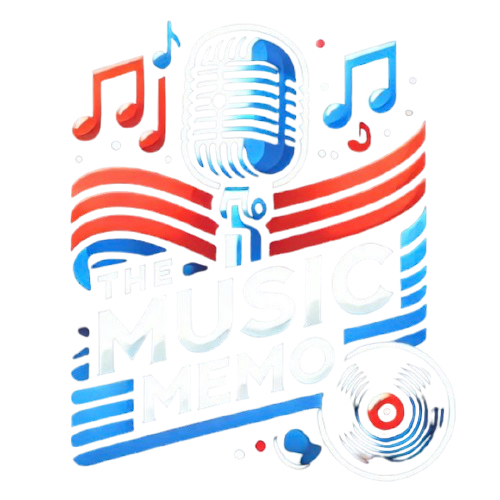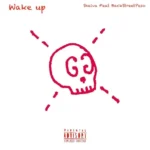
Music seems to have the ability to reconnect us with emotionally positive moments from the past | Image: iStock
You are walking down a busy street on your way to work. Pass buskers playing songs you haven’t heard in years. Suddenly, instead of being aware of all the events happening in the city around you, you are mentally reliving the first time you heard the song. , you can quickly return to who you were with and the emotions associated with that memory.
This experience in which music brings back memories of past events, people and places in us is known as music-evoked autobiographical memory. And it’s a common experience.
It often appears as an unconscious memory. That is, we make no effort to recall such memories, they just come to mind spontaneously.
Read also: World Music Day: A Day to Enjoy the Seven Notes
Recent research
Recent research has begun to shed light on why music is such a good memory cue. First, music tends to accompany many unique life events such as proms, graduations, weddings, and funerals, so it plays a vital role in reconnecting us with these self-determined moments. can be fulfilled.
Because music affects our minds, bodies, and emotions, it often captures our attention as well.
When music captures our attention, it is more likely to be encoded in our memory along with the details of life events. And this means it can serve as an effective cue for remembering the event years later.
positive memories
In a recent study, my colleagues and I discovered that the emotional nature of music is an important factor in how it functions as a memory cue.
We compared the music to other emotional memory cues that were rated to convey the same emotional expressions as the musical excerpts used. It included comparisons to sounds and emotional words such as money and tornadoes.
When compared to these emotionally-matched cues, music did not elicit more memories than words. It was meant to evoke positive memories.
This was especially true for negative emotional stimuli. Specifically, sad and angry music evoked more positive memories than sad and angry sounds and words.
Music seems to have the power to reconnect us with emotionally positive moments from the past. This suggests that the therapeutic use of music is particularly fruitful.
how and when
Naturally, the familiarity of the music also plays an important role. Another recent study found that more familiar music evokes more memories, making memories recall more naturally.
Thus, one of the reasons why music is a more effective memory cue than, for example, a favorite movie or favorite book is that people re-engage with songs more frequently throughout their lives than with movies, books, or TV shows. Because there are many
The circumstances in which you listen to music may also play a role. Previous research has shown that involuntary memories are more likely to be recalled during activities in which the mind wanders freely in thoughts about the past. These activities tend not to require our attention and include commuting, traveling, household chores, and relaxing.
These types of activities are almost perfectly consistent with what was recorded in another study, in which participants were asked to keep a diary and ask when the music evoked their memory and what they did when it happened. I asked them to record how they were doing.
memories of the unconscious
It turns out that everyday activities that are often closely associated with listening to music, such as travel, housework, and running, tend to lead to more unconscious memories in the first place.
This is in contrast to other hobbies such as watching TV. Watching television forces us to be more focused on the activity at hand and less likely to get lost in past scenarios.
Also Read: What Bob Dylan’s Biography Tells Us About Him and His Music
Not only is music great for evoking memories, it seems that the times we are more likely to listen to music are also the times when our minds are more likely to wander anyway.
Music is also present in many life events that are characteristic, emotional, or self-determining, and these types of memories tend to be more easily recalled.
Indeed, the power of music to connect us with our past shows how music, memory, and emotion are all connected, with certain songs acting as direct lines to our younger selves. It seems that.









